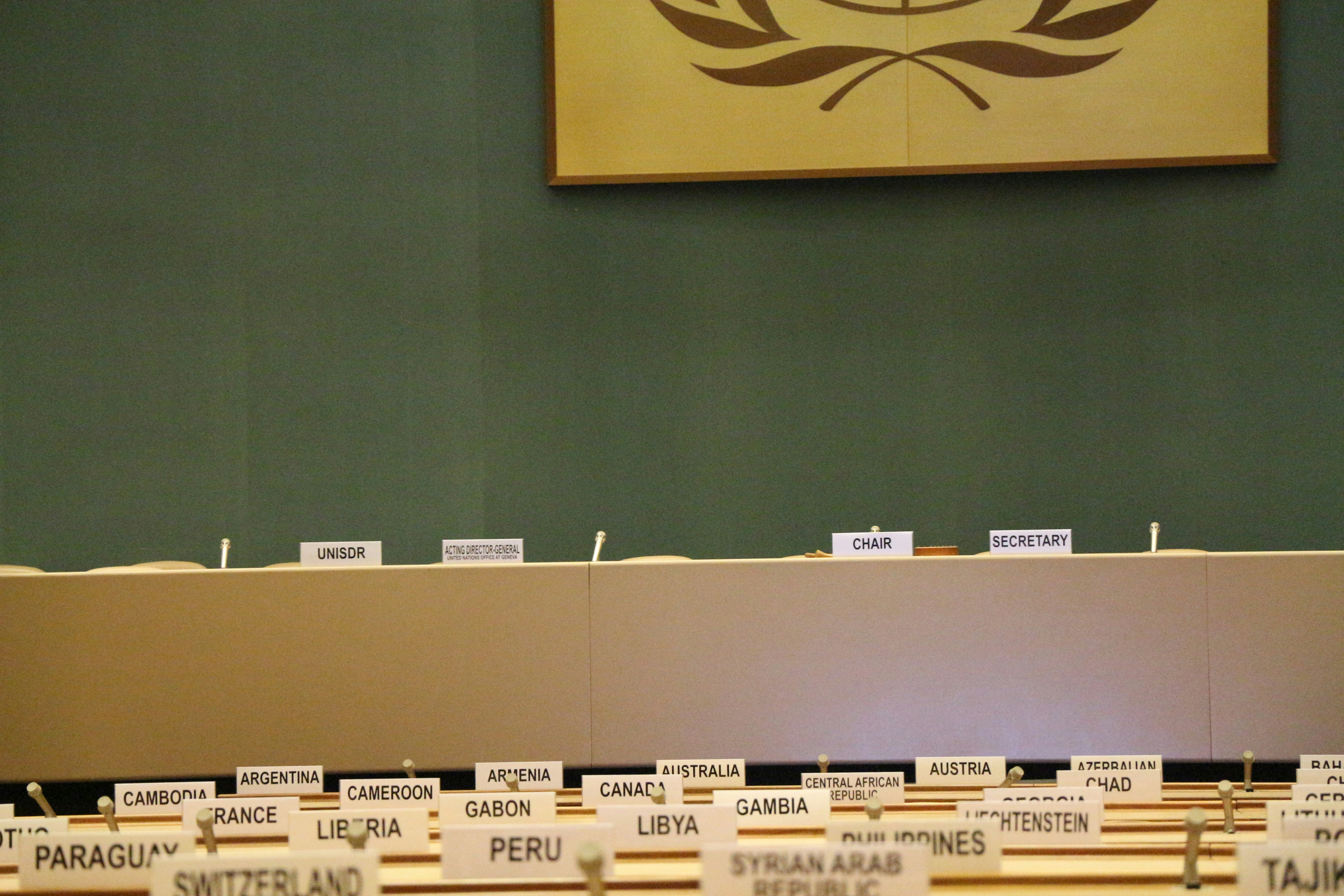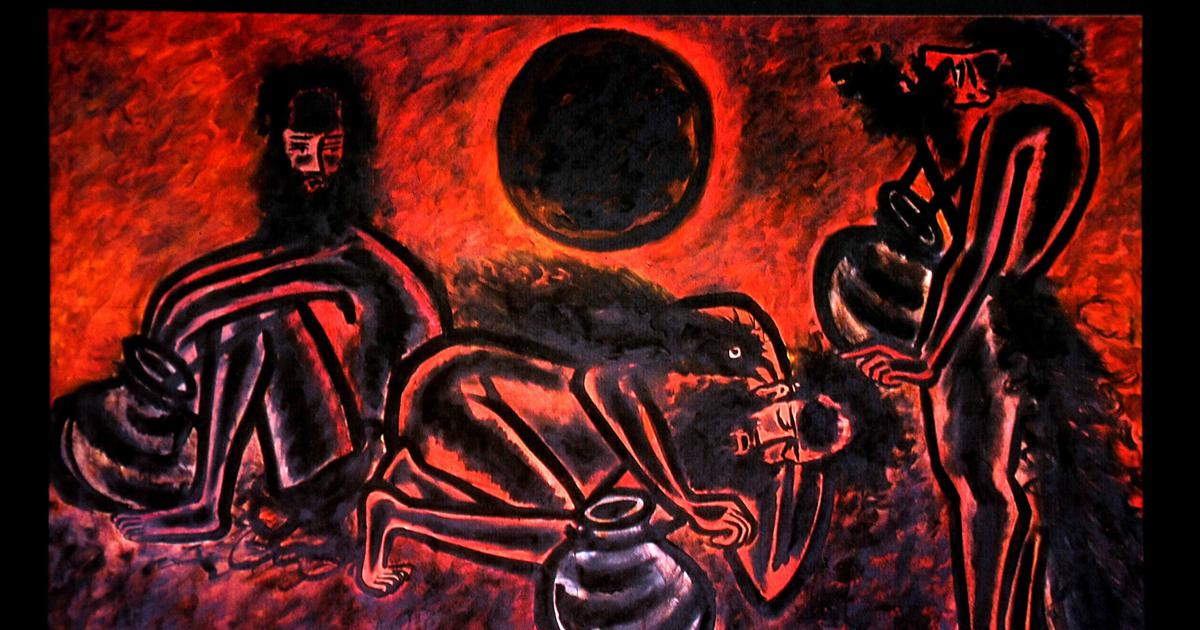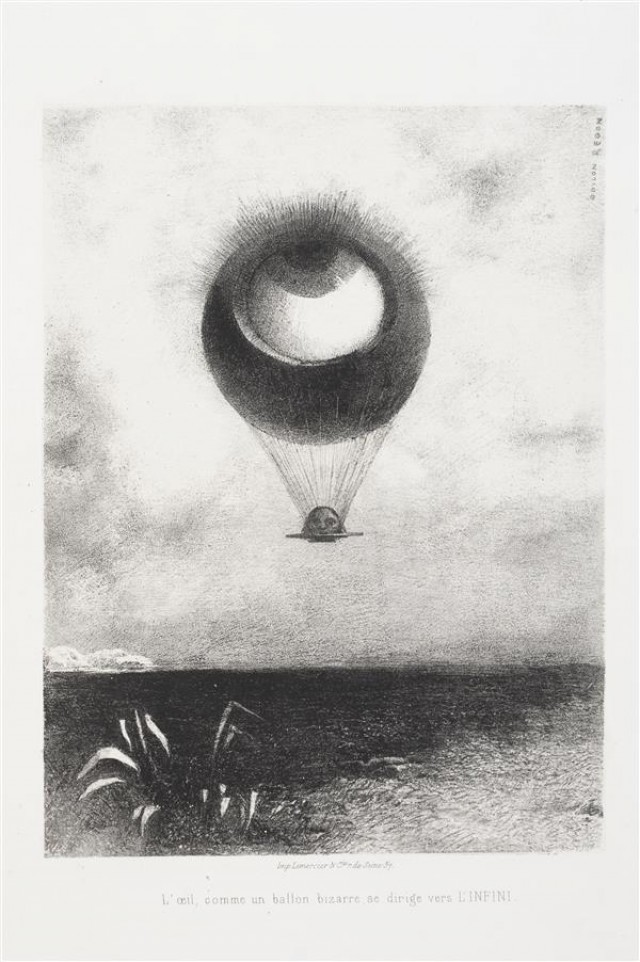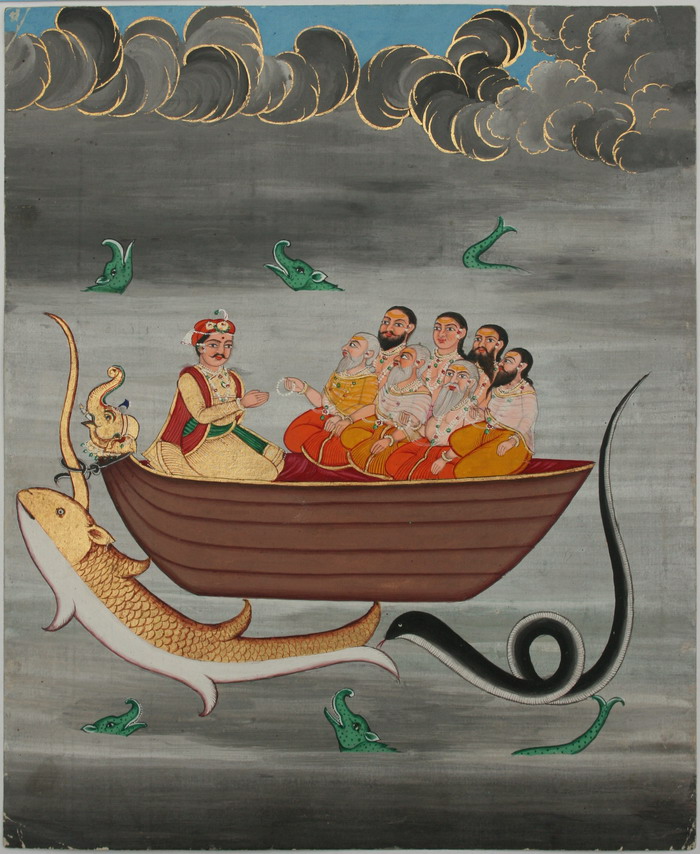About the Journal
Developed from the MLitt Program Global, Social and Political Thought delivered by the Graduate School for Interdisciplinary Studies at the University of St Andrews, Scotland. INTER- is a peer-reviewed, online, open-access journal which aims to stimulate interdisciplinary thought broadly within the field of Global Thought.
Current Issue
Today, global thought is in crisis. Geopolitical tensions are fraught, international governance has failed to meaningfully prevent grave humanitarian and climate-related crisis, reactionary and populist powers are on the ascendance, and ethnic, racist and gender-based violence has only entrenched itself across many geographies. The decoupling between the rhetoric and “representative” actions of States and their publics has never been more polarised. Theory and praxis are astoundingly disconnected as various potential apocalypses loom on the horizon.
Some say the “future is cancelled,” making the historical-form of present-day institutions obsolete. We are oversaturated with data on species extinction, climate tipping points, topsoil erosion, resource exhastion, extreme weather events, political deception and outright falsification, yet this information is rarely converted into practical action at the level of governing power. A generalised crisis of institutions marks, for many, the dissolution of culture for present and succeeding generations. Censorship has become a “new normal” as globalised public forums are owned by monolithic corporate actors wedded to the profit motive. Yet these globalised digital networks and new mediums continue to exert structural influence on the expressions and modalities of thought, shining a spotlight on how we understand and interact with globality and disparate events in space and time. Undeniably, global thought today is increasingly dynamic, active, mobile, experimental, informal, yet simultaneously incarcerated, powerless, dominated, punished.
Where such contradictions may have once excited predictions of an imminent new dialectical moment, a post-dialectical melancholia has interpolated many political cultures on the Left. Climate change, the failures of international governance, spectating and consuming atrocities, the erosion of democracy into ever more authoritarian forms, leads us to ask: what is the condition of global thought today? How can we respond to this historical moment? How does thought respond to its own inefficacy? How does thought survive the encounter with entrenched power? When does thought end, and action begin – and what does this mean for the social field and the possibility of institutions? How can we think with the marginalised, the oppressed, the suffering, the subaltern, from our position in the global north? In our globalised world, where visibility is determined by socially assigned value, questions of solidarity and performative activism arise; what does a liberatory, decolonial thought appear as today? How can thought meaningfully repair, restore, care for and reconstitute the social world?










